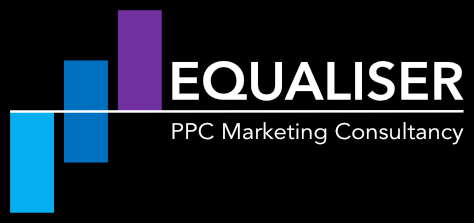
When I first started in Google Ads in 2011, running successful PPC campaigns was all about hands-on control.
Marketers set bids manually, made campaign adjustments based on hard data, and refined strategies with each new set of results. The process was straightforward: we had clear control over our inputs, and the outputs followed predictably.
But things have changed. Manual actions are gradually being replaced by AI, and with it, the nature of PPC has transformed.
The Evolution from Algorithms to AI
Today, platforms like Google and Bing have shifted from being largely algorithm-driven to harnessing the power of AI. Algorithms are still essential, working behind the scenes to process vast amounts of data, calculate bid adjustments, assign ad ranks, and determine placements. These algorithms follow rules and patterns, offering predictable outcomes based on structured data.
AI, however, takes PPC a step further. It not only learns from patterns but also adapts and automates decisions, allowing for continuous optimisation of campaigns. Here are just a few ways AI is transforming PPC:
Smart Bidding automatically adjusts bids based on live data to maximise ROI
Responsive Ads allow for testing various ad variations to find the most effective combinations
Audience Targeting predicts user behaviour to tailor ads based on probable actions
Performance Max optimises placements across Google properties for cross-channel effectiveness
With these capabilities, AI has become indispensable in today’s PPC landscape. However, this isn’t a one-size-fits-all solution. Many PPC accounts find themselves caught between manual control and the automation that AI offers, often to the detriment of campaign performance.
The Manual vs. AI Dilemma in PPC
Through auditing countless PPC accounts, I’ve noticed that brands frequently find themselves in a reactive cycle. They’re constantly tweaking bids and budgets in response to yesterday’s results, often to maintain the illusion of control.
This approach, however, is outdated and can hinder growth. Brands that insist on manual controls may see inconsistent results, especially as AI algorithms require a steady data flow to optimise performance.
This manual-AI balancing act creates a hybrid setup that can limit potential. The truth is, success in PPC today requires a more strategic alignment with automation. AI should be embraced as a tool that supports decision-making, not seen as a threat to control.
Building a PPC Strategy that Works with AI
To truly succeed in PPC today, a winning strategy must combine AI with a forward-looking approach that drives sustainable growth. Here are the three essential elements every brand should integrate into its PPC strategy:
External Forces: Stay attuned to seasonal trends, product demand shifts, and competitor activities that could affect your PPC performance.
Business Goals: Align PPC efforts with core business objectives, including conversion targets, pricing strategies, and promotional campaigns. PPC shouldn’t operate in a silo but should complement broader goals.
PPC Levers: Leverage audience targeting, ad relevance, and bid strategy to give AI the best data possible for optimisation.
At the heart of this strategy should be a strong focus on conversion rates, which act as the fuel of every campaign.
Conversion rates are influenced by various factors—some within your control, others driven by external events. A good PPC strategy takes all these variables into account and uses AI as a support mechanism to keep ahead, not just react.
Long-Term Wins: Using AI for Sustainable Growth
The brands that are truly succeeding in PPC today aren’t chasing short-term, quick-fix solutions. They’re looking at the big picture, using AI as a strategic tool that aligns with their long-term growth goals. These brands are making data-informed decisions that drive sustainable results, not just temporary wins.
AI isn’t here to replace strategic thinking in PPC—it’s here to enhance it. By working with AI rather than against it, brands can make smarter, more consistent decisions and stay competitive in a rapidly evolving digital landscape.
In the end, PPC today is no longer about reacting constantly to yesterday’s numbers. It’s about building a strategy that uses AI to make better, more informed choices at every stage.
Embracing AI as a partner in decision-making, not just an optimisation tool, is the way forward for brands serious about winning in PPC.

Comentários